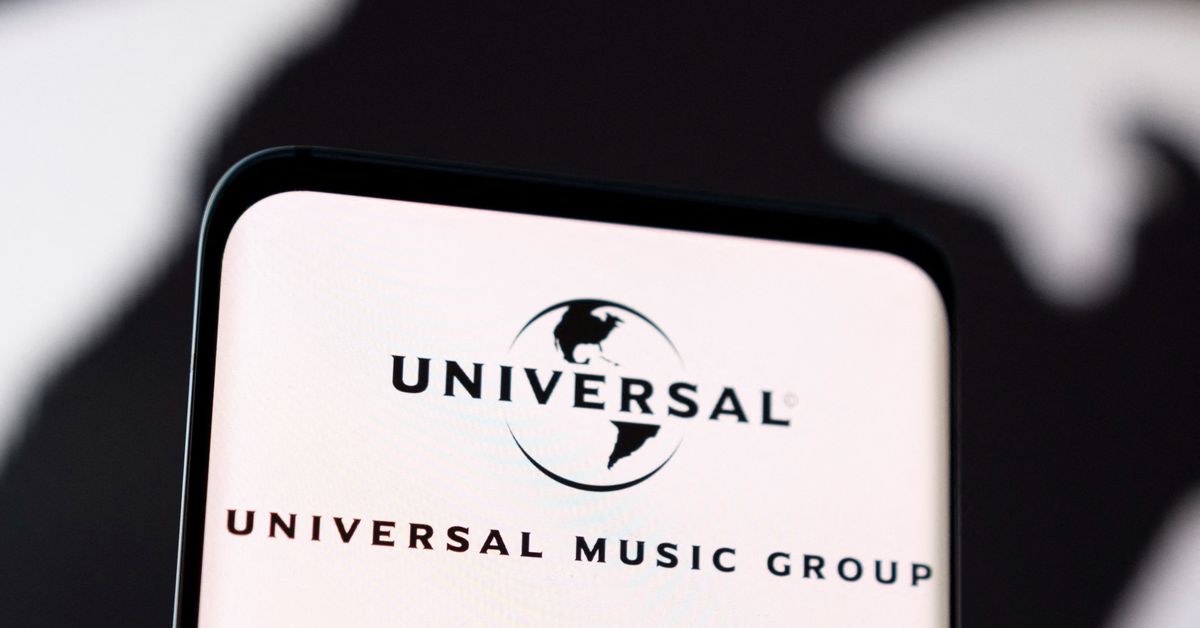Archived version: https://archive.ph/ZGo6X
Universal Music Group (UMG.AS), Sony Music Entertainment (6758.T) and other record labels on Friday sued the nonprofit Internet Archive for copyright infringement over its streaming collection of digitized music from vintage records.
The labels’ lawsuit filed in a federal court in Manhattan said the Archive’s “Great 78 Project” functions as an “illegal record store” for songs by musicians including Frank Sinatra, Ella Fitzgerald, Miles Davis and Billie Holiday.
They named 2,749 sound-recording copyrights that the Archive allegedly infringed. The labels said their damages in the case could be as high as $412 million.
Representatives for the Internet Archive did not immediately respond to a request for comment on the complaint.
The San Francisco-based Internet Archive digitally archives websites, books, audio recordings and other materials. It compares itself to a library and says its mission is to “provide universal access to all knowledge.”
The Internet Archive is already facing another federal lawsuit in Manhattan from leading book publishers who said its digital-book lending program launched in the pandemic violates their copyrights. A judge ruled for the publishers in March, in a decision that the Archive plans to appeal.
The Great 78 Project encourages donations of 78-rpm records – the dominant record format from the early 1900s until the 1950s – for the group to digitize to “ensure the survival of these cultural materials for future generations to study and enjoy.” Its website says the collection includes more than 400,000 recordings.
The labels’ lawsuit said the project includes thousands of their copyright-protected recordings, including Bing Crosby’s “White Christmas,” Chuck Berry’s “Roll Over Beethoven” and Duke Ellington’s “It Don’t Mean a Thing (If It Ain’t Got That Swing)”.
The lawsuit said the recordings are all available on authorized streaming services and “face no danger of being lost, forgotten, or destroyed.”



Legally speaking, I don’t see how the Internet Archive wins this case. Problem is, what happens then? It would be pretty unfortunate to lose the Internet Archive as a resource, over a risky foray into streaming.
Could they still keep the content but not have it available to the public until it enters public domain or copyright laws are improved?
That would have been the legally defensible move. But if this case goes through, they’ll be liable for past damages, which would bankrupt them.
IMO, this project of digitising/streaming old records should have been done under a totally separate organization from the get go, because of how risky it is.
The offshore platform where piratebay existed a while ago would be a nice place for them to operate from.
You’re referring to the so-called Principality of Sealand.
The Pirate Bay began an attempt to buy Sealand in 2007, but it never went through with it and the website was never actually located there. Also, due to updated territorial claims by the UK over the years, Sealand is now firmly within British waters and has zero chance of ever being recognized as an actual sovereign state; although the owners still play it off like it’s a micronation for the lulz and merch sales the place would be considered pretty firmly subject to UK law in the case of things ever being important.
Aside from all that though, Sealand tried for a time to market themselves as a “data haven” and due to a pile-up of failures and misunderstandings of reality that did not end well for anyone.